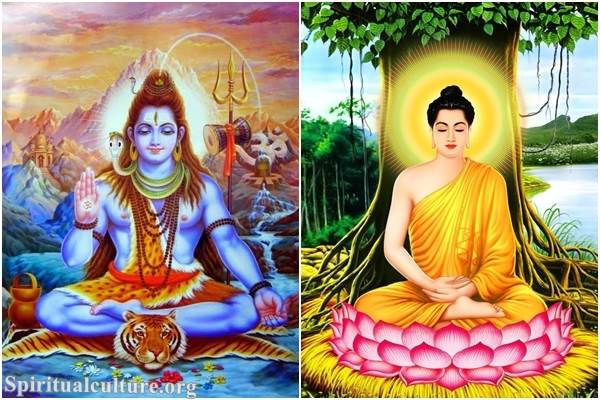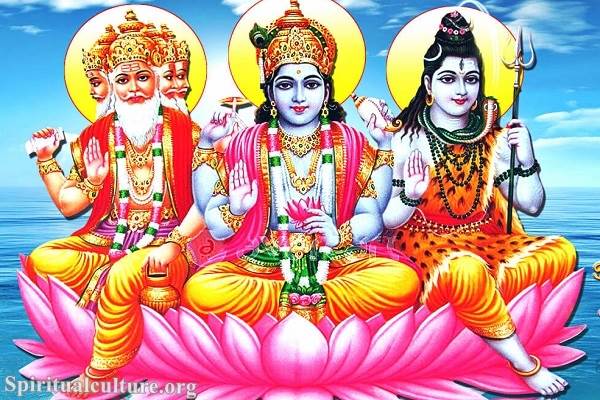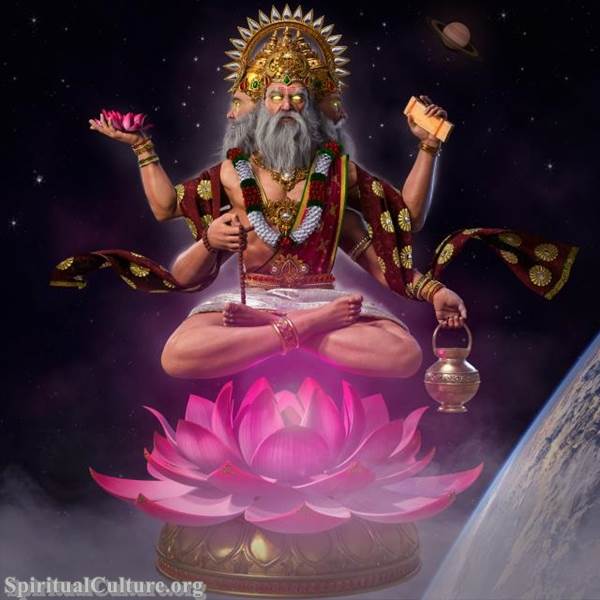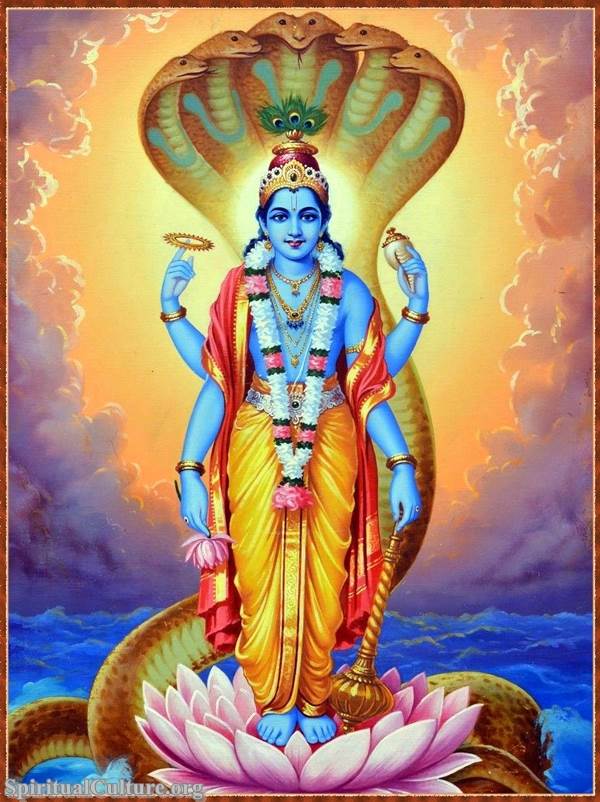Hinduism is a religion that originated in the Indian subcontinent. It is the dominant religion in India, Nepal, and among the Tamil people of Sri Lanka and South Africa. Many people in other parts of the world, including the United States, Western Europe, and Southeast Asia, also practice Hinduism.
Hinduism is a diverse and complex religion with various beliefs and practices. At its core, however, Hinduism is a monistic religion that believes in a single ultimate reality called Brahman, which is the underlying substance and consciousness of the universe. Hindus believe in reincarnation, the idea that the soul is reborn in a new body after death, and in the law of karma, one’s actions in this life determine one’s circumstances in the next. Hinduism includes many deities and practices, including puja (worship) and yoga.
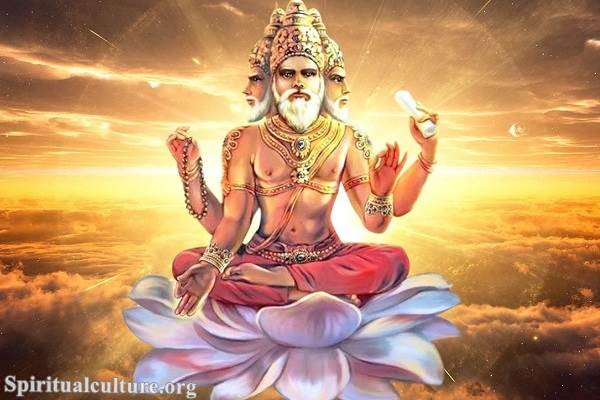
Hinduism has a long and varied history, with roots in ancient Indus Valley civilizations. The religion has been shaped by several influential figures, including the ancient sages who wrote the Vedas, the Mahabharata and the Ramayana epics, and the Bhagavad Gita. This sacred text is considered one of the greatest works of Hindu literature. Hinduism is one of the world’s major religions, with an estimated 1.2 billion followers worldwide.
One of the key beliefs of Hinduism is the concept of dharma, which refers to the moral and spiritual duties that guide an individual’s behavior. Hindus believe that dharma is essential to living a fulfilling and meaningful life and is the basis for order and stability in society. Hinduism also emphasizes the importance of devotion to God and the attainment of moksha, which is the ultimate goal of Hindu spiritual practice and is often translated as “liberation” or “release.”
Hinduism is a polytheistic religion that recognizes the existence of multiple deities. Some of the most well-known Hindu deities include Brahma, the creator; Vishnu, the preserver; and Shiva, the destroyer. Hindus also worship many other deities, including Ganesha, the elephant-headed God of wisdom and success; Lakshmi, the goddess of wealth and prosperity; and Kali, the goddess of death and destruction.
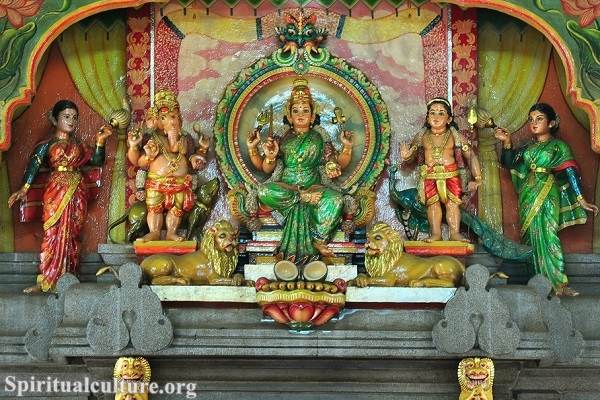
In Hinduism, an individual can follow various paths or ways of life to achieve spiritual growth and enlightenment. These paths, known as margas, include the path of knowledge (jnana marga), the path of devotion (bhakti marga), and the path of selfless action (karma marga). Hindus believe that all paths can lead to the same ultimate goal and that the right path for an individual depends on their inclinations and abilities.
Hinduism has a rich cultural and artistic tradition, with various rituals and festivals that are an important part of the religion. These include Diwali, the festival of lights; Navaratri, the festival of nine nights; and Holi, the festival of colors. Hinduism also has a long and influential tradition of philosophy and literature, including the Vedas, the Upanishads, and the Puranas, ancient texts considered sacred by Hindus.
One of the distinctive features of Hinduism is its belief in the cyclical nature of time. Hindus believe that the universe goes through cycles of creation, preservation, and destruction and that these cycles repeat endlessly over time. This belief is reflected in the yugas, four ages representing different stages in the cycle of time.
Hinduism also has a rich tradition of yoga and meditation, which are practices that are designed to cultivate physical and mental well-being and bring the individual closer to the divine. Yoga and meditation are believed to help individuals gain control over their minds and emotions and achieve a state of inner peace and contentment.
Hinduism is a religion that is based on a set of scriptures known as the Vedas, which are considered to be the oldest and most sacred texts in Hinduism. The Vedas contain hymns, prayers, and rituals central to the Hindu faith. The Vedas are divided into four collections: the Rig Veda, the Sama Veda, the Yajur-Veda, and the Atharva Veda. In addition to the Vedas, there are many other sacred texts in Hinduism, including the Upanishads, the Puranas, and the Bhagavad Gita.
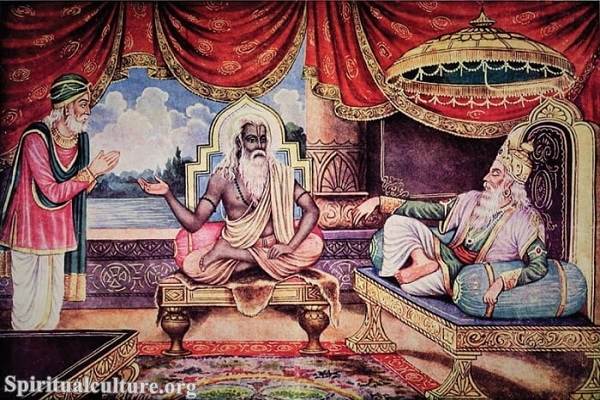
In Hinduism, the caste system is a social hierarchy that traditionally divides people into four main castes or varnas. The four varnas were the Brahmins (priests and scholars), the Kshatriyas (warriors and rulers), the Vaishyas (merchants and traders), and the Sudras (laborers and artisans). In addition to these four varnas, there was also a fifth category called the “Untouchables,” or Dalits, who were considered outside the caste system and often subjected to discrimination and segregation.
The caste system has a long history in Hinduism and is believed to have originated in ancient India. It was based on the belief that an individual’s social status and occupation were determined by their karma or actions in previous lives. The caste system was also closely linked to the concept of dharma or moral and spiritual duty, and each varna was believed to have its specific dharma.
Over the years, the caste system has undergone significant changes, and today it is illegal to discriminate based on caste in India. However, the caste system remains a controversial and deeply ingrained aspect of Hindu society, and discrimination based on caste persists in many parts of the country.
Hinduism has a long and varied history, and several other religions and philosophical traditions, including Buddhism, Jainism, and Sikhism, have influenced it. Despite its diversity, Hinduism is united by a belief in a single ultimate reality and the importance of living a virtuous and spiritual life.

